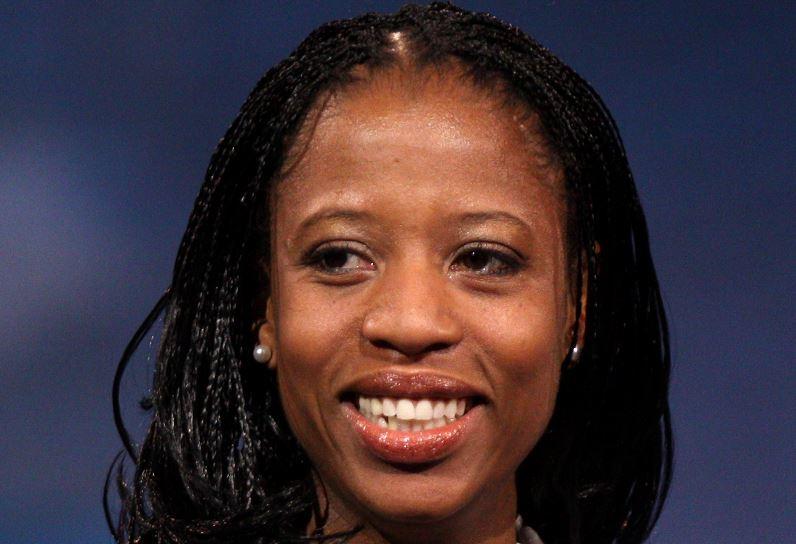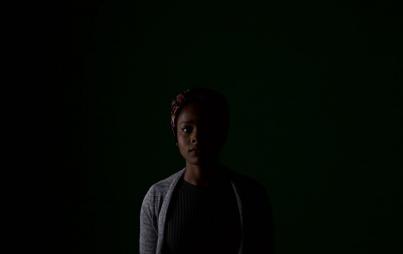
Mia Love (Credit: Wikimedia Commons)
One need only look at the Oval Office to see that when it comes to politics, we've got a bit of a gender discrepancy. In this weekly roundup, we focus on powerful political women in the news who are helping to break the proverbial glass ceiling of policy-making around the world. Politicos, move aside. We bring you . . . politicas. For more on female politicians to watch, click here.
Usually, we focus this round-up on women around the world who are muckraking and otherwise shaking up gender norms in politics. This week, the most significant news happened domestically, with the midterm elections ushering several new women into office. Interestingly, most of those women were Republicans, representing both a new chapter for the beleaguered GOP and a problem for Dems, who were generally beaten down and bloodied this election cycle.
Also notable? Many of these women made history in some way, including . . .
Gina Raimando
Raimando, elected to become Rhode Island's first female governor, is one of the Democratic party's few bastions of hope. Her resume, aptly described by The Daily Beast as one "that reads more like an attack ad a Democratic consultant dreamed up to hit Republicans than the career of someone who leads one of the nation’s most Democratic states," includes the following: valedictorian of her high school; higher education at Harvard, Oxford and Yale (for law school); a clerkship on the federal court of appeals; and a pivot to the venture capital world. She's known for her work in prison reform and has a pretty straight liberal agenda, including enacting gun control, boosting higher education resources and fighting climate change.
Mia Love
Breaking down some firmly entrenched barriers, Love became the first black Republican woman elected to Congress when she won a seat in Utah's 4th congressional district. Love's story as the daughter of Haitian immigrants living in a state that is less than 1% black is an inspiring one, even if her political positions—including de-funding the Affordable Care Act and (yes) abolishing the Department of Education—have raised eyebrows, at least among progressive circles.
Elise Stefanik
At just 30 years old, Stefanik became the youngest woman ever elected to Congress when she earned a political berth in New York's 21st district. A Republican, Stafanik—like Love—comes with a very conservative agenda; her resume includes doing debate prep for Paul Ryan and working on Dubya's Domestic Policy Council staff.
Meanwhile, in Hillary-World . . .
Many have reflected on what these results could mean for Hillary Clinton in her presumptive run for office. As The Wall Street Journal notes, the boost for the Republican party is in general bad news for the Democratic party; then again, it puts her in a prime position to guide the party forward. There's also the issue of Obama, who was clearly repudiated in the elections, but who Hillary will also need on her side . . . posing the necessity of a very delicate political balancing act.
In any case, it's hard not to see Hillary's early success as helping to pave the way for this new wave of women in politics . . . no matter the party affiliation.






